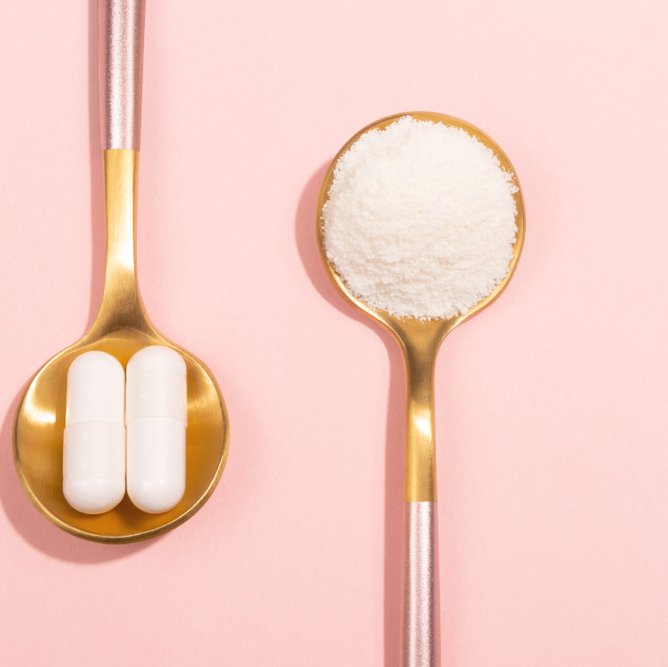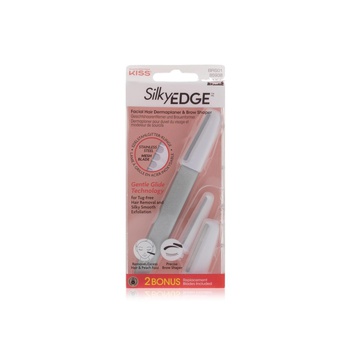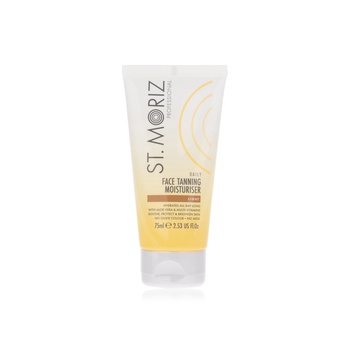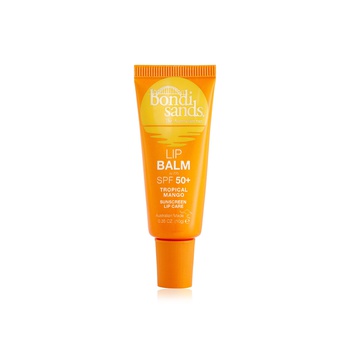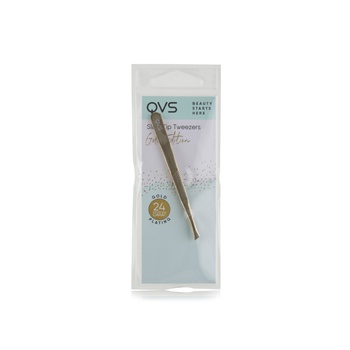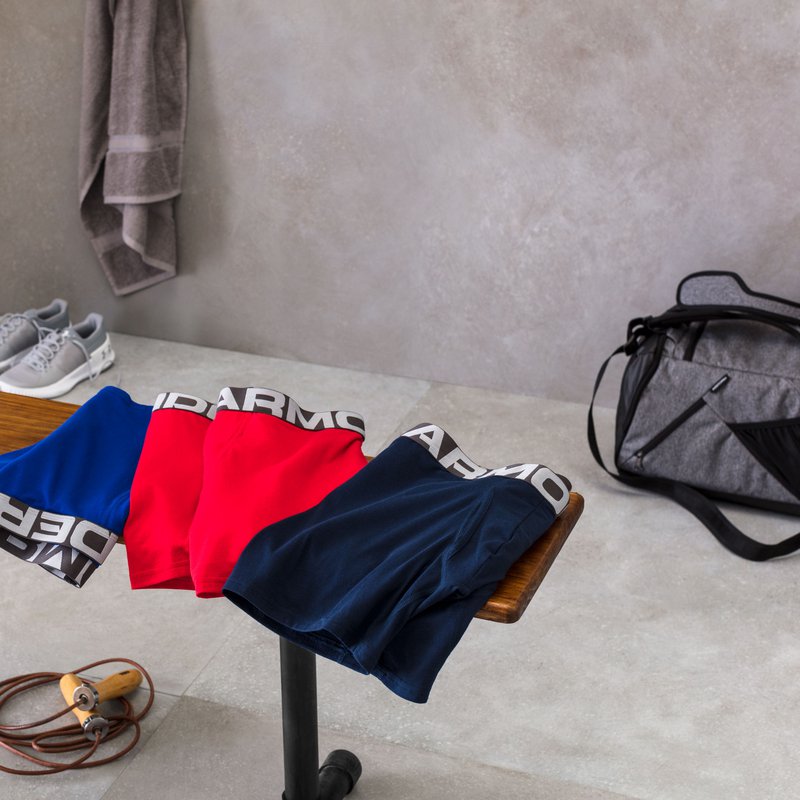One of the biggest trends at the moment, collagen is popping up in everything from water to protein bars. But do we need it? Does it actually help your joints and skin? And what is the best way to consume it? Here’s everything you need to know
In the battle to fight aging, a new hero has emerged: collagen. This protein occurs naturally in the body, making up everything from our skin to our muscles, ligaments and bones.
“More than 90 per cent of young skin is made up of collagen and it provides the cushioning to protect joints,” says Dr Martin Godfrey, medical consultant at Minerva Research Labs, the organisation behind supplement company Gold Collagen UAE.
As we age, our body starts to produce less collagen, resulting in fine lines on the face and joint stiffness. “Once you turn 20, collagen diminishes by about 1.5per cent every year,” adds Dr Godfrey.
That’s where collagen supplements and collagen-boosting foods come in. The former are a booming business that includes collagen powders to put into your smoothies and collagen-enriched beverages. The latter includes foods that are naturally high in collagen, like bone broth and broccoli, as well as collagen-enhanced protein bars.
Although still awaiting US Food and Drug Administration approval, Gold Collagen supplements are backed by peer-reviewed studies that support the effectiveness of the shot-sized drinks, which are designed to be taken daily. “Clinical trials conducted at Minerva’s labs have shown that after three weeks, volunteers saw a 12 per cent increase in skin hydration, and up to a 20 per cent increase in skin elasticity after nine weeks,” says Dr Godfrey.
A wide array of collagen-boosting foods are readily available in the grocery aisle. You can easily make your own bone broth – which is one of the best sources of collagen, according to clinical nutritionist and wellness expert Dr Brooke Scheller, who goes by the handle @thevegetabledoc on Instagram – by slowly cooking animal bones.
Alternatively, you can purchase high-quality, ready-made bone broth. “Ideally, you should have two cups of bone broth a day, morning and night, on an empty stomach,” says co-founder of the Clean Living Company, Dean Henry.
“Collagen from bone broth heals the gut lining and reduces intestinal inflammation, making it one of the only known foods to do so,” he adds.
Egg whites are an excellent source of two of the main amino acids that form collagen. Meanwhile, flavourless gelatine that is made from animal bones can add a boost of collagen to smoothies. Fatty fish such as salmon and tuna, or fish oil supplements, are high in omega 3 fatty acids and vitamin A, both of which can help slow down the overall loss of collagen.
Dr Godfrey concludes that more collagen-enhanced products are expected to emerge in the next few years: “They will be used to help common conditions such as arthritis, or even circulatory conditions such as high blood pressure.”
